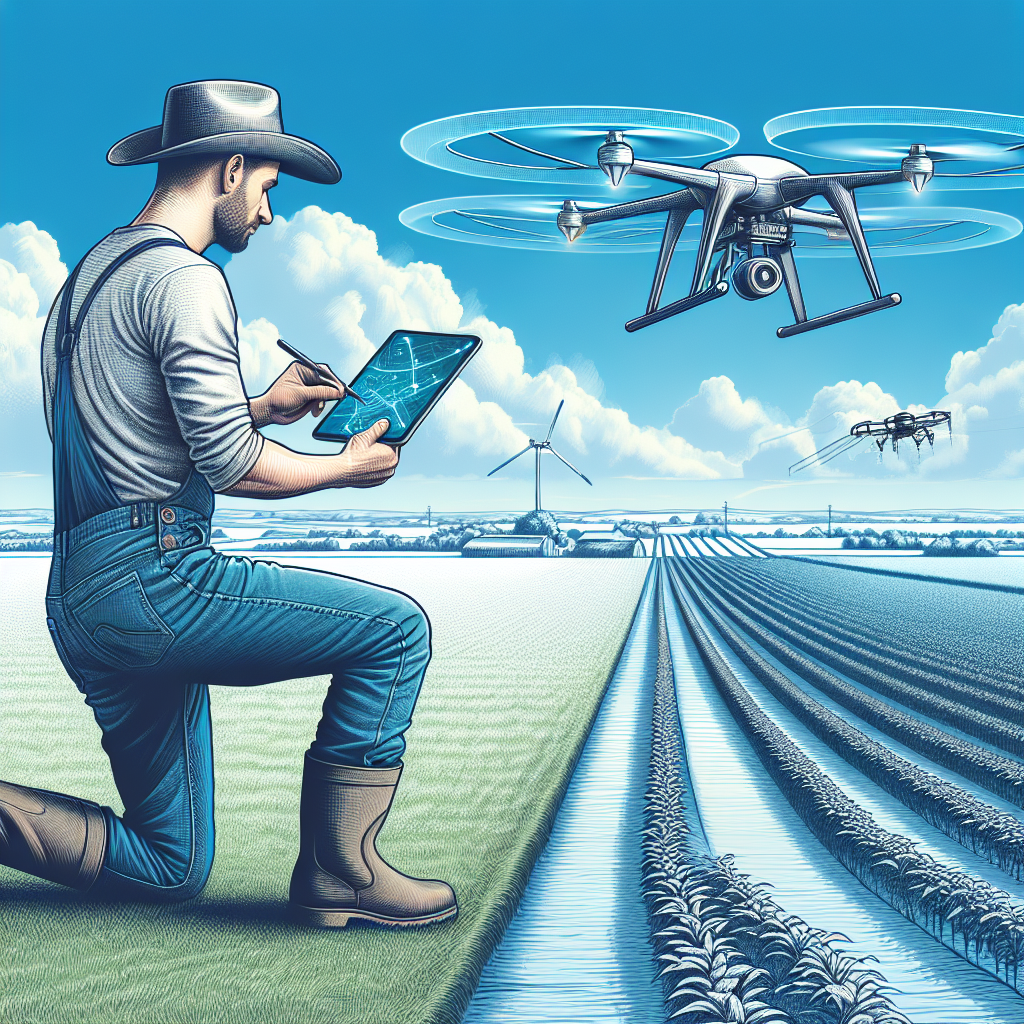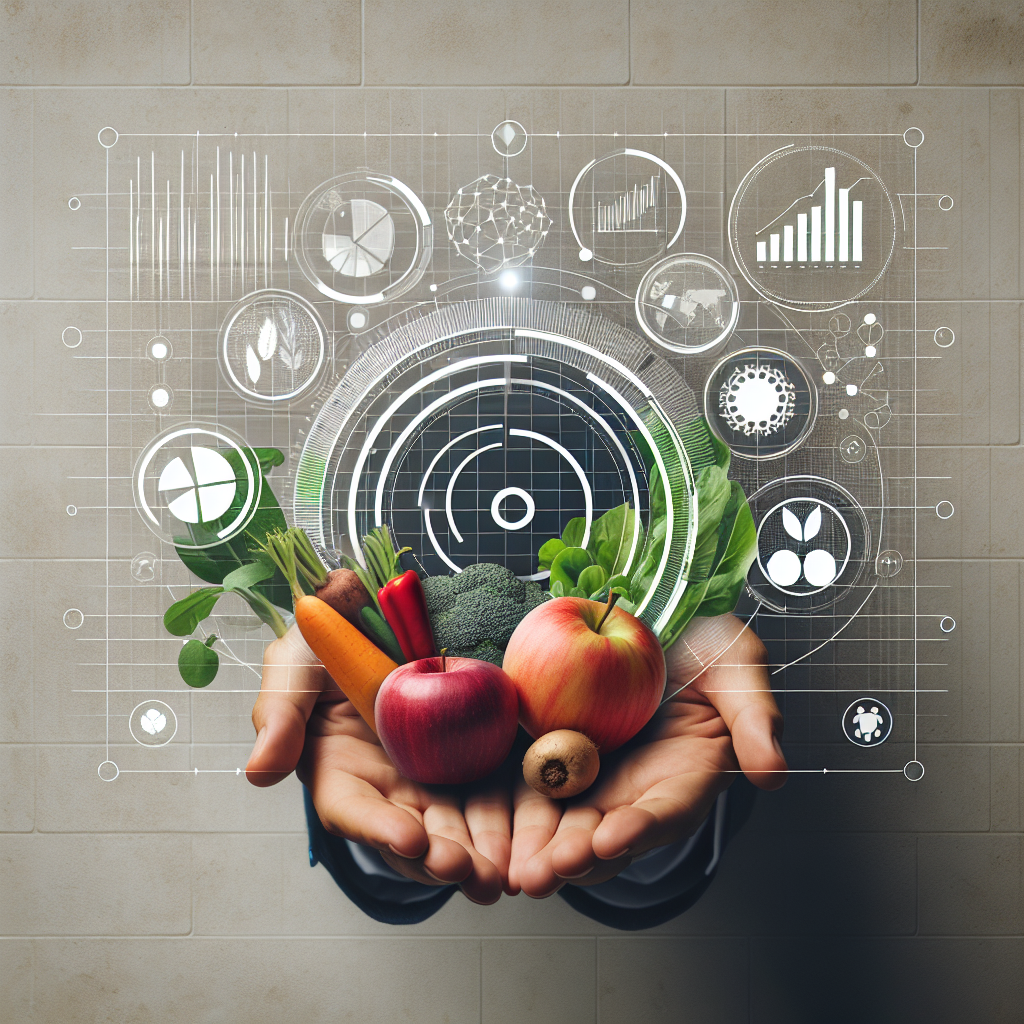In an urgent and groundbreaking announcement, a new surge in food technology is set to revolutionize our society. This revolutionary innovation isn’t just about enhancing our meals – it’s about reshaping the way we interact with food altogether.
Research Question
The trail of evidence leads us to question; ‘Can novel technologies radically transform our traditional agricultural practices and food consumption habits?’.
Methodology
The study adopted data analytics algorithms coupled with machine learning tools, extensively studying different aspects of agriculture and consumers’ behavioural patterns related to food.

Key Findings
The research indicates that this technology not only improves crop yield but also predicts consumer behavior ahead of restaurants, super markets thus allowing them to tailor their services accordingly.
Scientific Significance
This innovation holds significant scientific value as it opens up avenues for further exploration into artificial intelligence’s applicability in diverse sectors – particularly farming and nutrition science.
Practical Applications
Data-driven precision farming techniques could help farmers manage resources better, reduce waste, while individuals can make healthier eating choices guided by anticipatory analytics.
Expert Reactions ‘This could be the dawn of a new era,’ notes Dr. Helen McLean, renowned agronomist and tech-analyst with excitement. ‘The ethical implications are wide ranging.’Closing thoughts bring us back around to Societal Impact.
As we move towards a more data-driven approach to food production and consumption, we could see major shifts in society. From healthier eating habits to sustainable farming practices, the implications are vast and far-reaching.
Ethical Considerations
We must consider if algorithms have conscious or unconscious biases that may impact variety and quality of produce available based on geographical location or consumer behavioral patterns thus leading to potential inequity in health outcomes.
Next Steps
Henceforth, ongoing research needs addressing these ethical issues while further refining this technology for larger-scale use. This is just the beginning; the data tells us – our story is unfolding.

